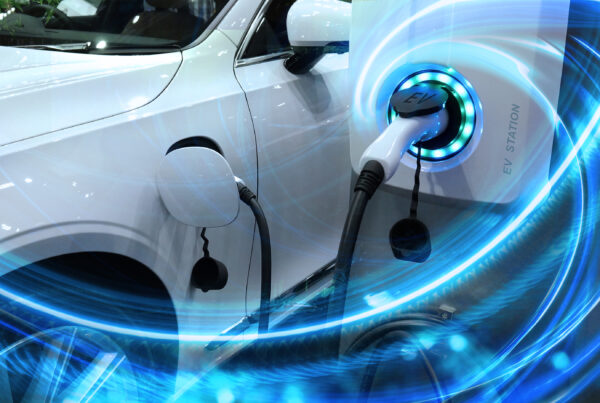Vietnam’s Ministry of Industry and Trade is setting its sights on becoming a leading global supplier of car parts by 2045. This plan includes making important parts, building eco-friendly cars, and promoting electric vehicles (EVs) through discounts and better infrastructure.
The ministry’s new draft decision, titled the “Development Strategy for Vietnam’s Automotive Industry to 2030, with a Vision to 2045,” aims to increase car sales. It targets sales of between 1 million and 1.1 million units by 2030.
Moving Toward Sustainable Options
The draft suggests moving from gas-powered cars to more sustainable choices. This includes fuel-efficient, electric, hybrid, solar-powered, and biofuel vehicles. The plan also expects growth in research and technology for manufacturing and assembling electric vehicles. This growth is expected to help boost local consumption.
The automotive industry is expected to grow at an average rate of 14 to 16 per cent each year until 2030. This growth will drive total vehicle sales to about 1 to 1.1 million units. They are also seeking to sell up to 350,000 units of electric, hybrid, and solar-powered vehicles.
Goals for Domestic Production
By 2030, Vietnam aims to produce between 600,000 and 700,000 cars, a leap from the 302,000 units sold in 2023. The draft also plans for a strong increase in domestic assembly, with an annual growth rate of 18 to 20 per cent.
By 2045, the market is expected to grow annually by 11 to 12 per cent, reaching 5 to 5.7 million vehicles. Electric, hybrid, solar-powered, and green fuel vehicles should make up 80 to 85 per cent of this total. This amounts to approximately 4.3 to 4.4 million units.
Economic Goals and Component Production
Vietnam aims to earn a total of $51.9 billion by 2045, with an export goal of $20.2 billion for transport vehicles and parts by 2030. The country also aims to manufacture components like drivetrains, transmissions, and engines. This will help reach a supply capacity of 55 to 60 per cent for domestic car manufacturing and assembly.
To support eco-friendly vehicle development, the Ministry of Industry and Trade plans to focus on different types of vehicles. This includes trucks and buses with more than 10 seats, small fuel-efficient cars, and vehicles that use green energy sources.
Building Supporting Infrastructure and Policies
The government will also develop design and manufacturing centres in all three regions of Vietnam. This includes creating the necessary infrastructure for electric vehicles, such as charging stations. It also involves offering tax incentives to encourage the purchase of electric and hybrid vehicles.
The Ministry is also working to grow supporting industries, improve skills in the workforce, and advance science and technology in the automotive sector. By focusing on these areas, Vietnam aims to play an important role in the global automotive supply chain while meeting its own needs.
Did you find this article interesting? Click the ‘heart’ button above to give it a ‘like’!


















